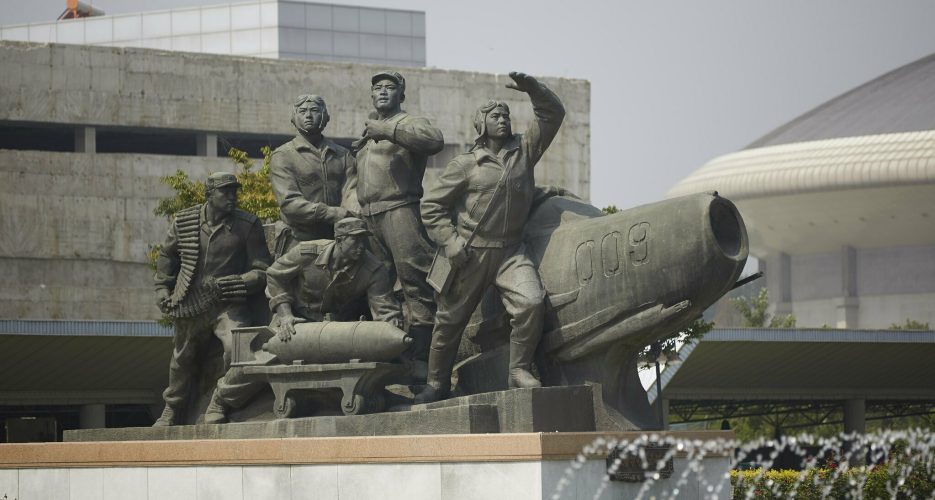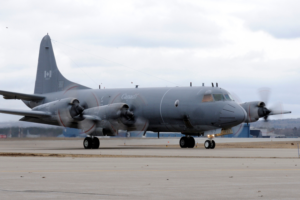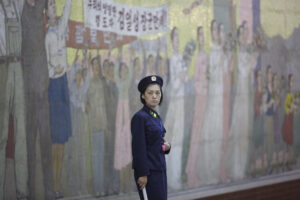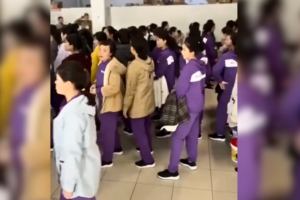1989 was a historic year for the entire world. Across Eastern Europe, people who had lived under oppressive communist governments for forty years took to the streets, mostly peacefully, and communism fell. Even in China, North Korea’s neighbour, thousands of students and workers marched in Tiananmen Square in Beijing for more freedom and an end to political corruption.
Two years later, the first communist country in history, the Soviet Union, collapsed. And suddenly, North Korea, in a span of three years, went from being part of an international communist family, with comrades everywhere, to being one of only a handful of officially “Marxist-Leninist” states.
1989 was a historic year for the entire world. Across Eastern Europe, people who had lived under oppressive communist governments for forty years took to the streets, mostly peacefully, and communism fell. Even in China, North Korea’s neighbour, thousands of students and workers marched in Tiananmen Square in Beijing for more freedom and an end to political corruption.
Two years later, the first communist country in history, the Soviet Union, collapsed. And suddenly, North Korea, in a span of three years, went from being part of an international communist family, with comrades everywhere, to being one of only a handful of officially “Marxist-Leninist” states.
Try unlimited access
Only $1 for four weeks
-
Unlimited access to all of NK News: reporting, investigations, analysis
-
Year-one discount if you continue past $1 trial period
-
The NK News Daily Update, an email newsletter to keep you in the loop
-
Searchable archive of all content, photo galleries, special columns
-
Contact NK News reporters with tips or requests for reporting
Get unlimited access to all NK News content, including original reporting, investigations, and analyses by our team of DPRK experts.
Subscribe
now
All major cards accepted. No commitments – you can cancel any time.











